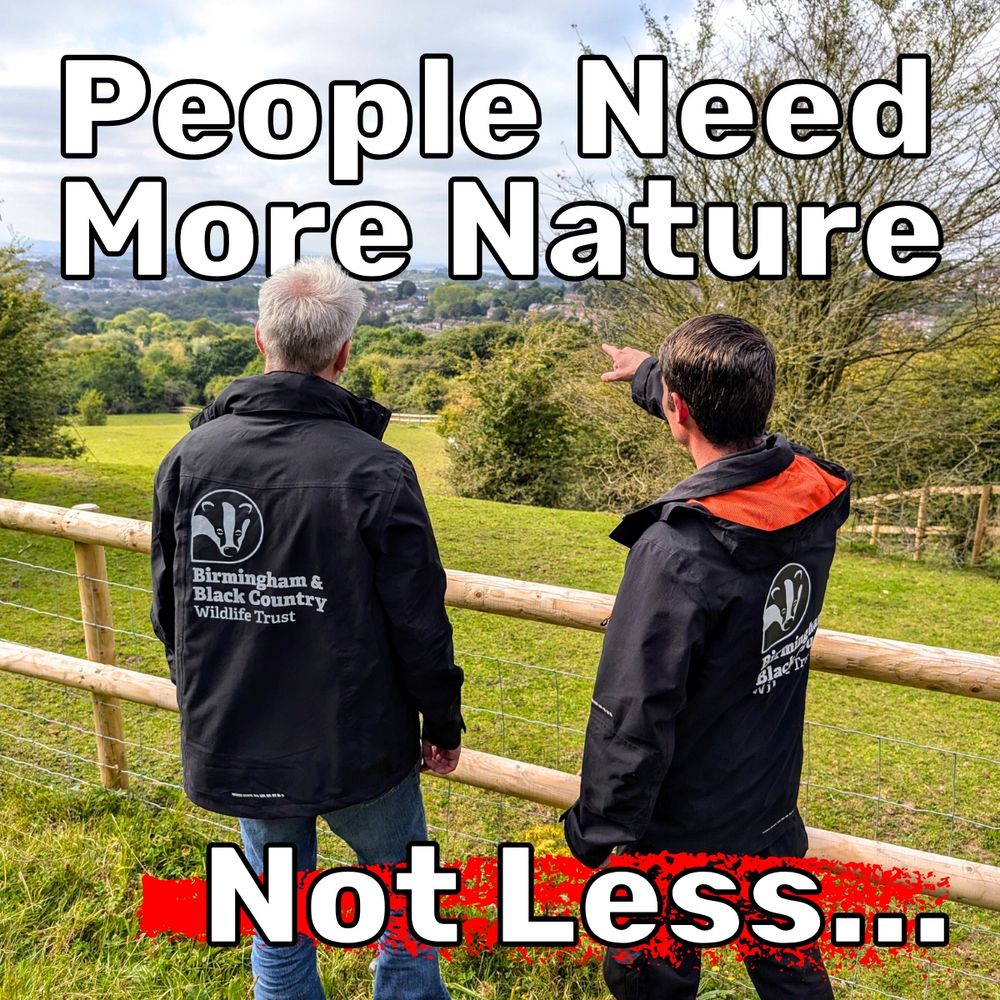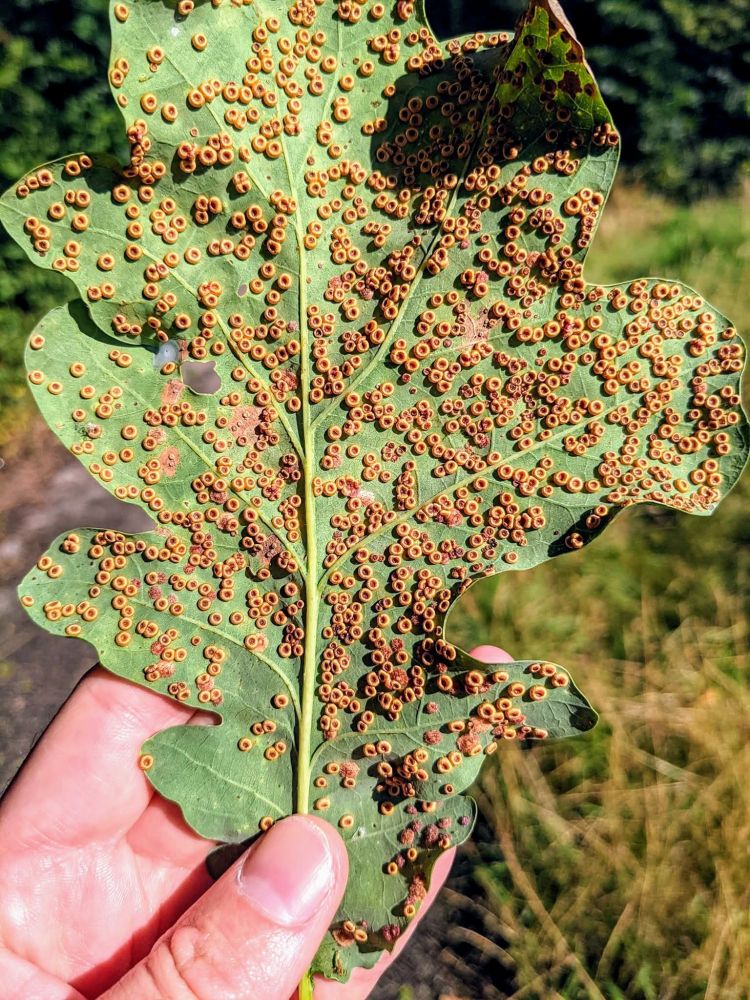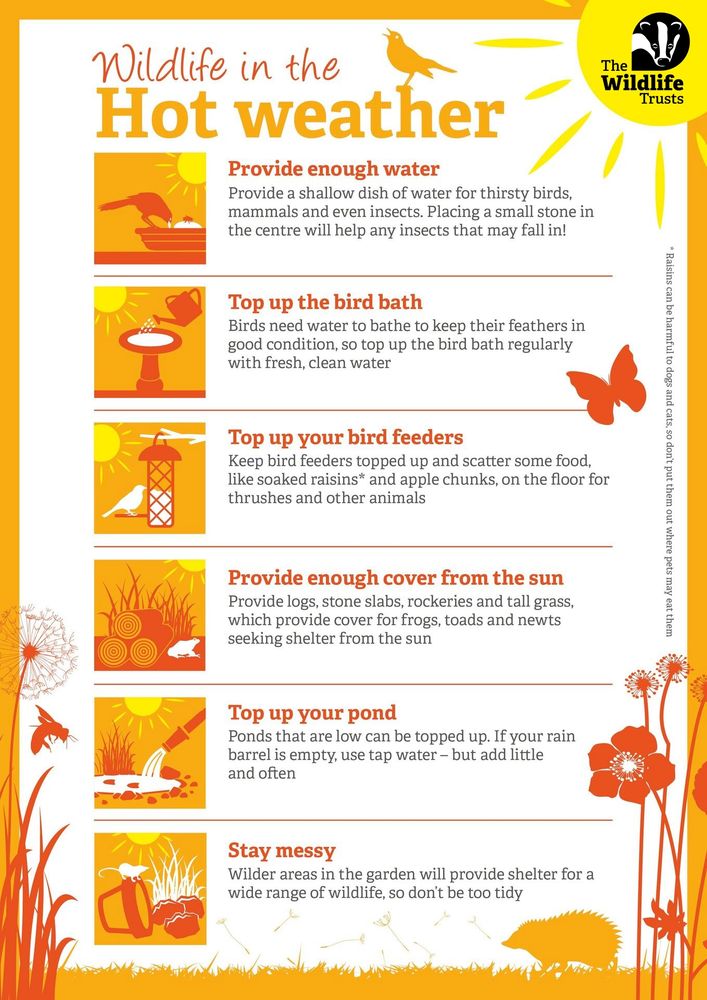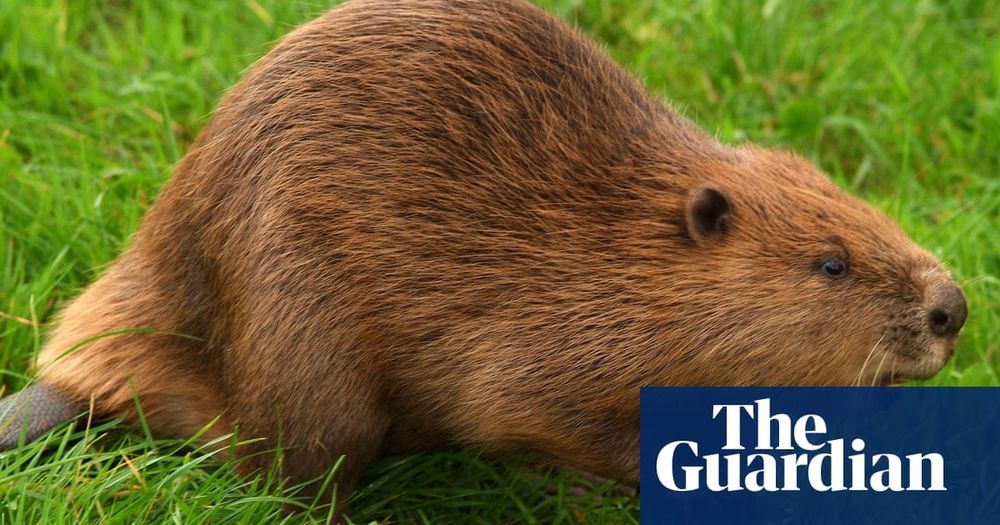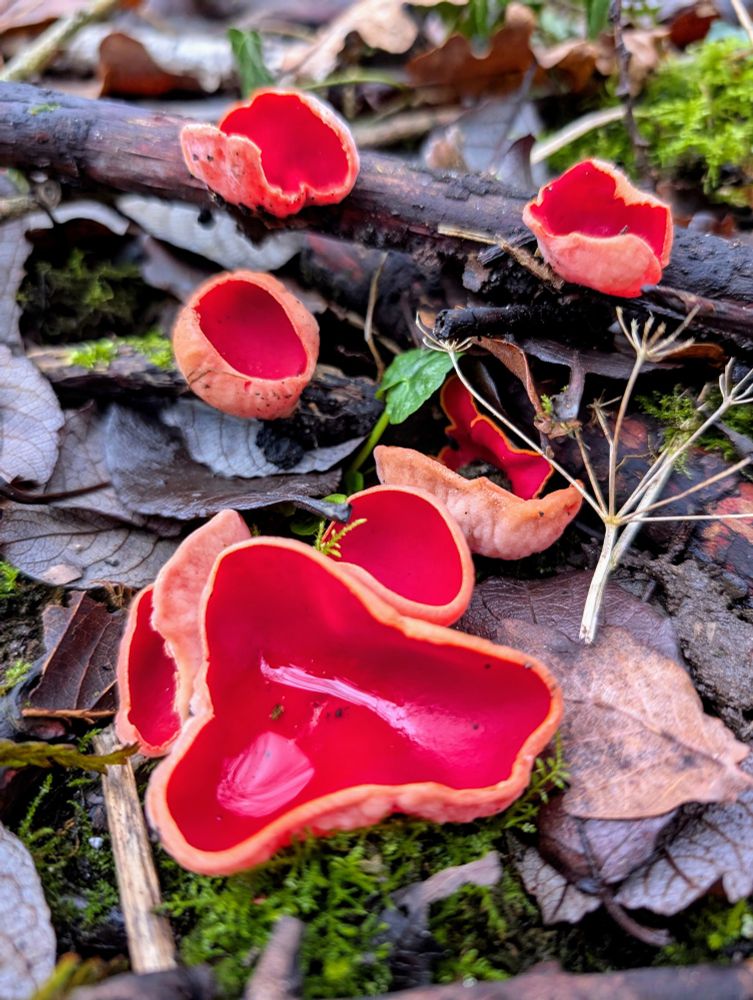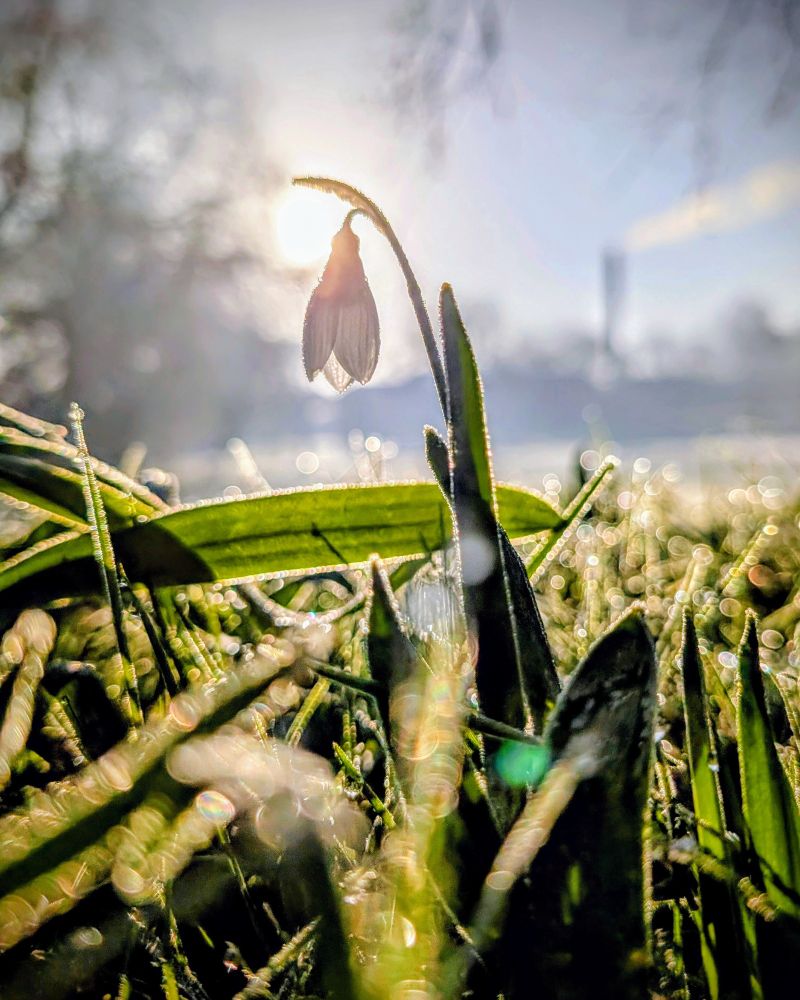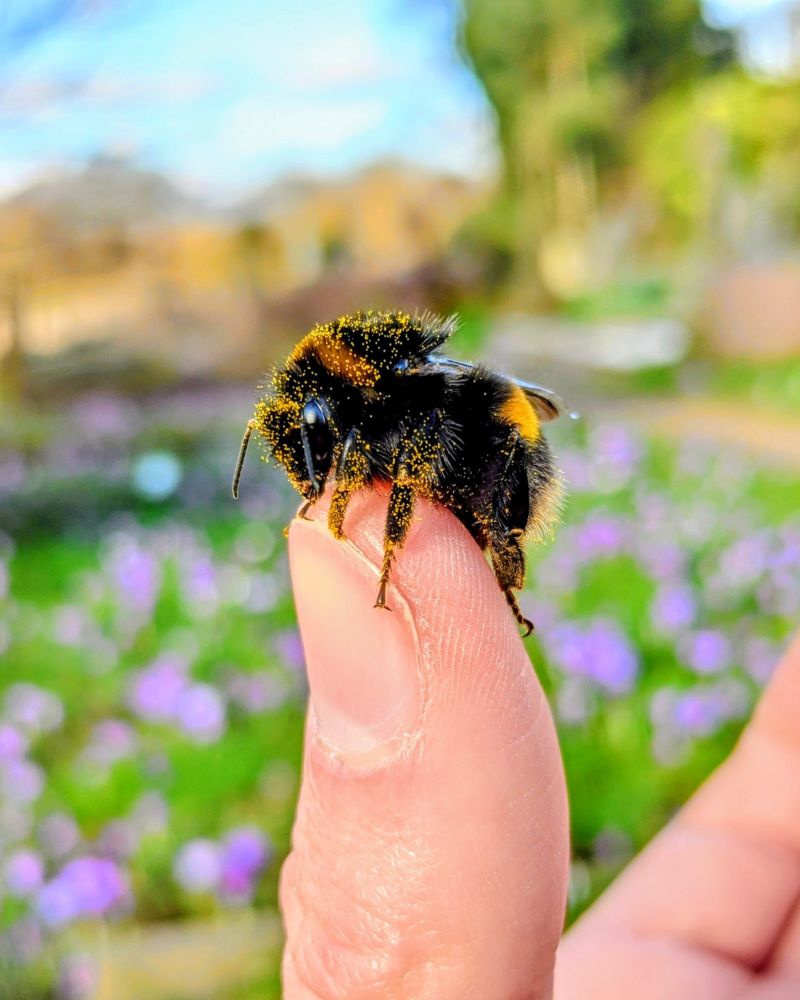Birmingham & Black Country Wildlife Trust
@bbcwildlifetrust.bsky.social
480 followers
24 following
29 posts
We've been working for nature's recovery across Birmingham and the Black Country for over 40 years. For wildlife, wild spaces and people.
www.bbcwildlife.org.uk
Posts
Media
Videos
Starter Packs
Reposted by Birmingham & Black Country Wildlife Trust
Reposted by Birmingham & Black Country Wildlife Trust



